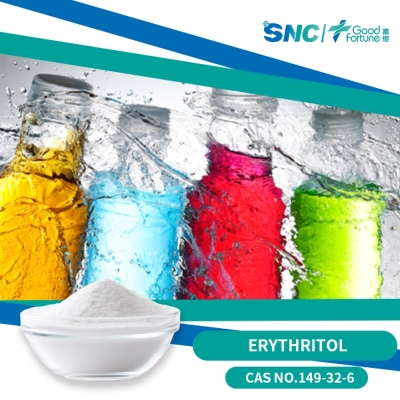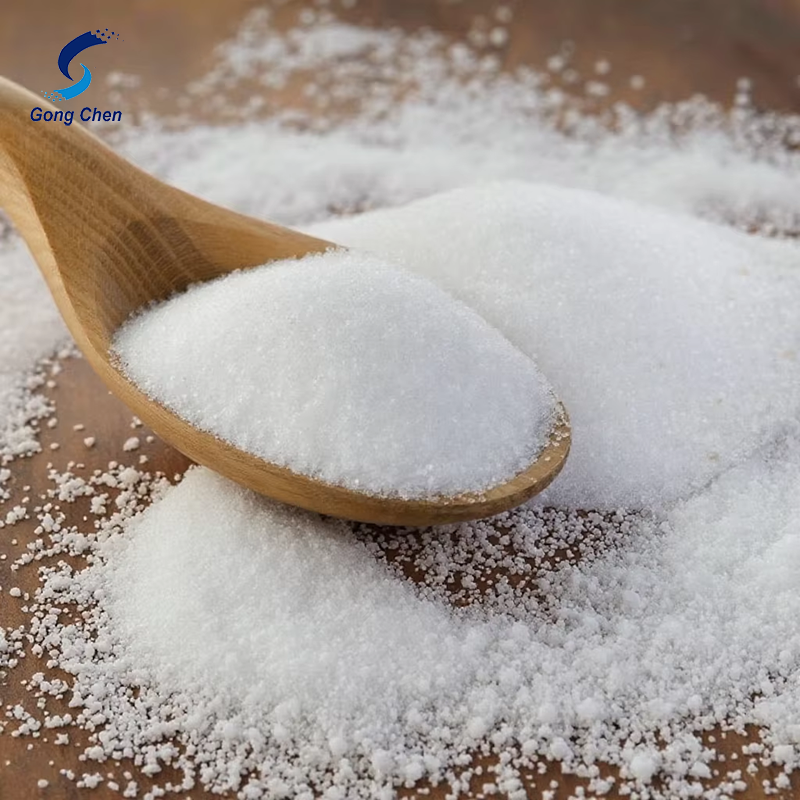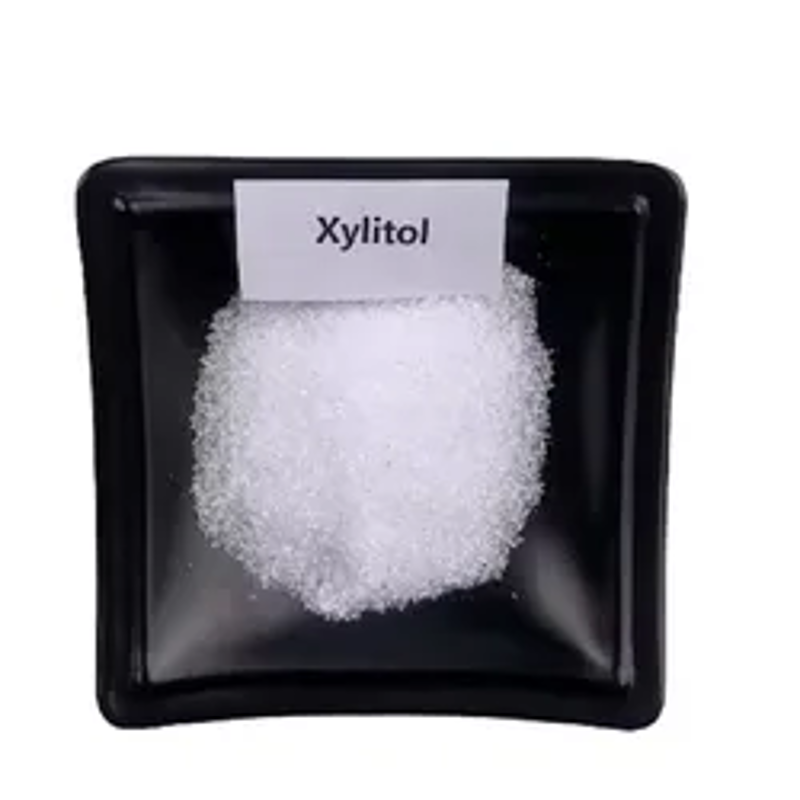-
Categories
-
Pharmaceutical Intermediates
-
Active Pharmaceutical Ingredients
-
Food Additives
- Industrial Coatings
- Agrochemicals
- Dyes and Pigments
- Surfactant
- Flavors and Fragrances
- Chemical Reagents
- Catalyst and Auxiliary
- Natural Products
- Inorganic Chemistry
-
Organic Chemistry
-
Biochemical Engineering
- Analytical Chemistry
-
Cosmetic Ingredient
- Water Treatment Chemical
-
Pharmaceutical Intermediates
Promotion
ECHEMI Mall
Wholesale
Weekly Price
Exhibition
News
-
Trade Service
Recently, the molecular breeding innovation team of the Institute of Vegetables of Shandong Academy of Agricultural Sciences published a report entitled "Identification of Key Genes Controlling Soluble Sugar and Glucosinolate Biosynthesis in Chinese in Frontiers in Plant Science (IF=6.
627; JCR1 Area, CAS Region 2).
Cabbage by Integrating metabolome and Genome-wide Transcriptome Analysis"
.
627; JCR1 Area, CAS Region 2).
Cabbage by Integrating metabolome and Genome-wide Transcriptome Analysis"
.
Chinese cabbage (Brassica rapa L.
ssp.
Pekinensis) originated in China, with an annual sowing area of more than 30 million mu, which has played an important role
in ensuring the stable supply of vegetables in China.
In recent years, with the improvement of people's living standards, the market demand for Chinese cabbage has gradually changed from scale and quantity to quality and efficiency, and Chinese cabbage varieties with delicious and high nutritional and health value have become more and more popular
among consumers.
Soluble sugar and glucosinolates (glucoside) are important components that determine the flavor and nutritional quality of Chinese cabbage, and the analysis of the molecular regulation mechanism of soluble sugar and sulfur glycoside synthesis is crucial
to cultivate new varieties of high-quality Chinese cabbage that are more suitable for market demand.
ssp.
Pekinensis) originated in China, with an annual sowing area of more than 30 million mu, which has played an important role
in ensuring the stable supply of vegetables in China.
In recent years, with the improvement of people's living standards, the market demand for Chinese cabbage has gradually changed from scale and quantity to quality and efficiency, and Chinese cabbage varieties with delicious and high nutritional and health value have become more and more popular
among consumers.
Soluble sugar and glucosinolates (glucoside) are important components that determine the flavor and nutritional quality of Chinese cabbage, and the analysis of the molecular regulation mechanism of soluble sugar and sulfur glycoside synthesis is crucial
to cultivate new varieties of high-quality Chinese cabbage that are more suitable for market demand.
In this study, the contents of soluble sugars, carotenoids and glucosides in Chinese cabbage were determined by using three yellow hearts (WWH, XQ, GCH) and three white hearts (RWZ, XYW, RJJ) varieties as research materials, and it was found that the contents of carotenoids and sulfur glycosides in Huangxin Chinese cabbage were significantly higher than those in Chinese cabbage, while the soluble sugar content was significantly lower than that in Chinese cabbage
.
Metabolomic analysis found that aliphatic glucorosides and two soluble sugars (fructose and glucose) were key metabolites
that caused differences between bok rape glucorinosides and soluble sugars.
Further integration of metabolome and transcriptome data showed that BraA05gAOP1 and BraA04gAOP4, BraA03gHT7 and BraA01gHT4 were key structural genes regulating sulfur glycoside and soluble glycan biosynthesis, respectively, and BraA01gCHR11 and BraA07gSCL1 were two important transcriptional
regulators regulating sulfur glycoside and soluble glycan biosynthesis 。 This study explains the difference in nutritional quality between Chinese cabbage and Chinese cabbage, explores the molecular regulation mechanism of glucoside and soluble sugar in Chinese cabbage, and lays a foundation
for improving the nutritional quality of Chinese cabbage through molecular breeding.
.
Metabolomic analysis found that aliphatic glucorosides and two soluble sugars (fructose and glucose) were key metabolites
that caused differences between bok rape glucorinosides and soluble sugars.
Further integration of metabolome and transcriptome data showed that BraA05gAOP1 and BraA04gAOP4, BraA03gHT7 and BraA01gHT4 were key structural genes regulating sulfur glycoside and soluble glycan biosynthesis, respectively, and BraA01gCHR11 and BraA07gSCL1 were two important transcriptional
regulators regulating sulfur glycoside and soluble glycan biosynthesis 。 This study explains the difference in nutritional quality between Chinese cabbage and Chinese cabbage, explores the molecular regulation mechanism of glucoside and soluble sugar in Chinese cabbage, and lays a foundation
for improving the nutritional quality of Chinese cabbage through molecular breeding.
Wang Lixia, a postdoctoral fellow at the Institute of Vegetables, is the first author of the paper, and Professor Gao Jianwei and Professor Wang Fengde are the co-corresponding authors
of the paper.
The research was supported
by the Taishan Scholar Talent Project, the National Natural Science Foundation of China, and the Shandong Vegetable Industry Technology System.
Original link:
of the paper.
The research was supported
by the Taishan Scholar Talent Project, the National Natural Science Foundation of China, and the Shandong Vegetable Industry Technology System.
Original link:







